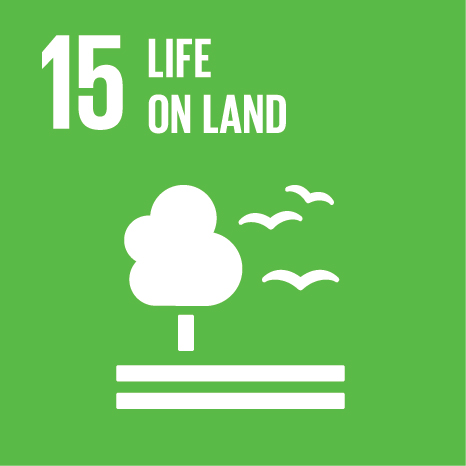AROMATIC, MEDICINAL, AND LOCAL HERBS: THE CRITICAL ROLE OF NETWORKS
Event Title
STRINGS Conference: selling the rural in urban areas: the role of local food products in the sustainable development of rural areas
Year (definitive publication)
2022
Language
English
Country
Portugal
More Information
Web of Science®
This publication is not indexed in Web of Science®
Scopus
This publication is not indexed in Scopus
Google Scholar
This publication is not indexed in Google Scholar
This publication is not indexed in Overton
Abstract
The purpose of the communication is to present some research results on the sector of aromatic and medicinal herbs located in different regions of the Portuguese territory. The focus of the presentation is the role of local development associations and networks in the development of the sector. Aromatic and medicinal plants are very important in the Mediterranean diet. Their presence in gourmet food and the recipes of well-known chefs gave an important impulse in the prestige and, therefore, demand of the product. The cultivation of aromatic and medicinal herbs has economic, social, and environmental impacts on the territory. Besides the creation of employment and the possibility of an, principal or complementary, income source, this production provides the improvement of biodiversity and the occupation of rural areas. They are mostly cultivated in small and very small farms, both in developing and developed countries (Kwankhao & Indaratna, 2020; Matthews & Jack, 201; Schunko, et al, 2019; Unati et al, 2016; Yamoah et al, 2014). This characteristic presents many challenges in different dimensions of business development through the value chain, namely commercialization. That is why the connection and the establishment of partnerships with other actors, such as local development associations, and other producers, have an important role, since they provide the scale and critical resources towards the success of this initiatives. The case study selected, EPAM, provides the empirical setting to explore this sector regarding the role of networks. With these goals in mind, the presentation is structured in through the following topics: after the revision of literature, and the design of a conceptual framework, the communication presents the methodological options, and the results. The presentation finishes with the identification of limitations of the research and concluding remarks.
Acknowledgements
--
Keywords
aromatic and medicinal plants,rural territories,networks
Contributions to the Sustainable Development Goals of the United Nations
With the objective to increase the research activity directed towards the achievement of the United Nations 2030 Sustainable Development Goals, the possibility of associating scientific publications with the Sustainable Development Goals is now available in Ciência_Iscte. These are the Sustainable Development Goals identified by the author(s) for this publication. For more detailed information on the Sustainable Development Goals, click here.

 Português
Português




